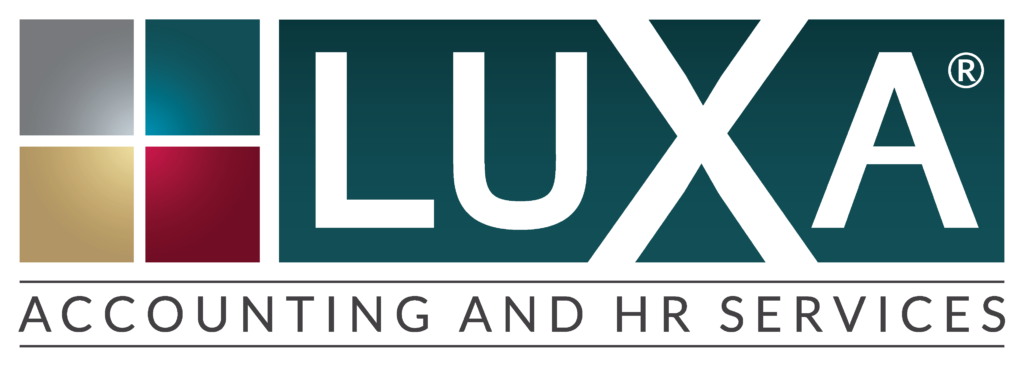
Accurate financial records are a key component in running a successful business. It is imperative for business owners and managers to ensure that transactions are properly recorded, and that data can be retrieved for audit and analysis at a moment’s notice.
Many SMBs still keep their books on spreadsheets, like Microsoft Excel, or other custom-created software.
While such programs have their uses, many issues could arise when companies rely too heavily on generic spreadsheet software to keep their financial data in order.
Growing businesses in particular should exercise caution when using spreadsheets in their accounting process.
The following information will discuss 5 potential problems from this approach to bookkeeping, as well as some ways that companies can make the transition over to a new bookkeeping platform.
Issue #1: Spreadsheets are Difficult to Scale
As your business grows, lots of things may change: product pricing, inventory management, the number of employees working for the company, etc.
It is very likely that a simple spreadsheet program, even one that worked so well for your company at first, simply won’t be able to keep up with the demands of more complicated business operations.
This problem may be compounded even further if multiple employees have access to a single bookkeeping spreadsheet, each with his or her own unique process and methodology for recording transactions and calculating data.
The end result will likely be inconsistency, the accumulation of unnecessary errors, and ultimately frustration.
Issue #2: Employee Turnover can Create Confusion
If you have one employee that is primarily responsible for manually entering bookkeeping data into a spreadsheet program, then you could end up with a huge mess on your hands if that employee decides to leave.
For example, a new employee may not grasp all the subtleties of the software, and could end up making costly mistakes.
Moreover, a new employee may record transactions in a different way from the previous employee, leading to inconsistency and confusion.
This could be bad enough with a popular software program, such as Excel; however, if your business’ books are kept on a custom-created application, then the loss of knowledge resulting from your previous employee’s resignation could prove to be disastrous.
Issue #3: Your Program could Lose Speed Over Time
As your business continues to grow, you’ll no doubt need more and more storage space and RAM to successfully keep your bookkeeping program operating at optimal efficiency.
Older programs are bound to loose processing speed as the years go by, and more files are stored on your computer’s hard drive.
In addition, any program sourced from a system processor with low memory may become painfully slow to load and operate.
Issue #4: Legacy Programs Come with Security Risks
When working with older programs, or programs that have not been updated for a long time, there is always the risk that the program will crash.
Perhaps such a crash will cause important financial data to be wiped out. At the very least, it will mean having to manually re-input lost data into the program, which is not a task anyone enjoys doing.
An adjacent issue comes from utilizing a computer with an outdated operating system: if your computer is open to attacks from viruses, malware, and other harmful programs, then your spreadsheet software is also at risk.
Issue #5: Spreadsheets Amplify the Risk of Human Error
If your bookkeeping process involves an employee or employees manually entering data into a spreadsheet program, day in and day out, then human error is bound to creep in sooner or later.
Even financial giants are not immune to this: in 2012, JP Morgan Chase lost more than $2 billion on the capital markets due to a single spreadsheet error.
The point is, as time goes on and your business continues to grow, there is an ever-increasing potential for a broken formula here, or a misplaced zero there, with the final outcome being hours of investigation, and even substantial losses.
How You Can Transition to a New Bookkeeping System
If your current bookkeeping process leaves you open to the problems discussed above, what can you do to successfully transition to a new accounting system? Here are some suggestions:
1. Begin Documenting Your Processes
One of the first steps that you should take is to audit and document your bookkeeping process from beginning to end. For instance, you should answer questions such as:
- How do we record transactions?
- How often do we do so?
- What is our process for indexing and storing source documents?
You may even decide to compose a training manual that covers the basics of your bookkeeping process for the benefit of new employees. This foundational step will aid you in any transition to new software or accounting methods.
2. Provide Employee Training
Along with detailed documentation, be sure that your employees are familiar with your company’s bookkeeping process.
During a transition to a new system, update their training with relevant information.
A strong training program will ensure consistency in your business’ approach to bookkeeping.
3. Use Trial Periods for Bookkeeping Software
Many accounting-specific programs offer free trial periods to their prospective users.
Take advantage of such offers to explore which software will provide the best value for your company in terms of ease of use, and suitability for your business needs.
4. Outsource Your Bookkeeping Needs to a Reputable 3rd Party Provider
This is an option that many small to mid-size businesses have selected. Outsourcing your bookkeeping needs can provide several competitive advantages. For instance:
- You’ll be better able to focus on your business’ core competencies
- You and/or your employees won’t have to spend time on tediously recording business transactions day in and day out
- You’ll have a better sense of your company’s cash flow, which can help you to make sound business decisions
Of course, for this final option to be successful you’ll need to partner with a professional, trustworthy accounting firm. For example, at LUXA Enterprises, we offer high-quality accounting services at competitive prices. We work with each client to meet specific business needs, so that our customers can shift their focus to growing their brand and increasing profitability.
If you’d like to learn more about the solutions that we offer, reach out to us at LUXA Enterprises today.


